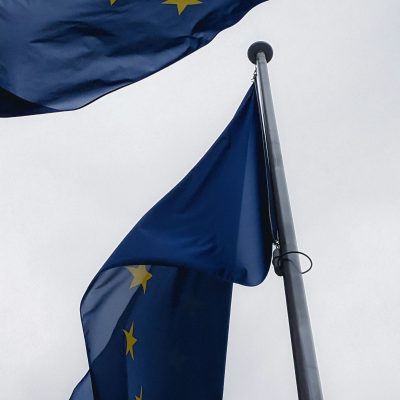European Integration via Flexibility Tools: The Cases of EPPO and PESCO

Flexibility seems to have become the new mantra of the debate on the future of the EU as decision-makers have repeatedly stressed the need for more differentiated integration. But it is already a reality of European integration: In recent months, there has only been an acceleration of references and efforts related to differentiated integration, Multi-speed Europe, Enhanced cooperation and Permanent Structured Cooperation.
This Policy Paper by Laura Maria Wolfstädter, research associate at the Jacques Delors Institut – Berlin, and Valentin Kreilinger, research fellow at the Jacques Delors Institut – Berlin, assesses how the two main flexibility tools of the Lisbon Treaty, Enhanced Cooperation and Permanent Structured Cooperation (PESCO), have recently been used for the cases of the European Public Prosecutor’s Office (EPPO) and strengthening defence cooperation. The analysis of the two cases will help to draw lessons from their establishment and clarify the preconditions for the further use of these flexibility tools in practice.




